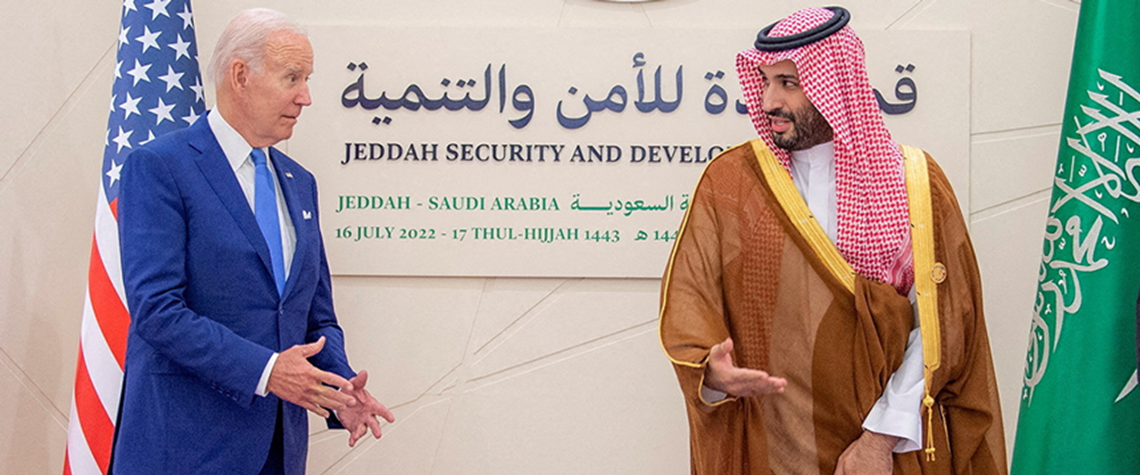Letter from the Middle East: Opec balances Russia and the West
The cartel is happy to wait for further developments before committing to more drastic action
US president Joe Biden seems to have come away from his first diplomatic visit to Saudi Arabia in July empty-handed, with the Opec+ alliance in early August swiftly deciding on only a small rise in output targets from September. But the current US administration should not have expected anything different. The announced production increase by Opec+ of 100,000bl/d is so small it seems cosmetic at best and insulting at worst. And the situation is exacerbated by the fact that supply constraints mean the actual physical increment will be more like 50,000-60,000bl/d—even assuming Saudi Arabia, the UAE and Iraq make full use of their extra allowances. In contrast, a briefing by the US’s Middle Eas

Also in this section
18 February 2026
With Texas LNG approaching financial close, Alaska LNG advancing towards a phased buildout and Magnolia LNG positioned for future optionality, Glenfarne CEO Brendan Duval says the coming year will demonstrate how the company’s more focused, owner-operator approach is reshaping LNG infrastructure development in the North America
18 February 2026
The global gas industry is no longer on the backfoot, hesitantly justifying the value of its product, but has greater confidence in gas remaining a core part of the global energy mix for decades
18 February 2026
With marketable supply unlikely to grow significantly and limited scope for pipeline imports, Brazil is expected to continue relying on LNG to cover supply shortfalls, Ieda Gomes, senior adviser of Brazilian thinktank FGV Energia,
tells Petroleum Economist
17 February 2026
The 25th WPC Energy Congress, taking place in Riyadh, Saudi Arabia from 26–30 April 2026, will bring together leaders from the political, industrial, financial and technology sectors under the unifying theme “Pathways to an Energy Future for All”







